Italian Banking Association (ABI) has announced that it has successfully completed the first phase of a blockchain project and is now entering the second phase.
A group of 14 Italian banks began their work on the blockchain project, which is being carried out by ABI LAB. The project aims to implement blockchain technology to interbank processes.
“The objective is to provide data transparency and visibility, faster transaction execution and the possibility of performing checks and exchanges directly within the application,” ABI said.
The first phase involved technical procedural verification. According to the official release, two months of real data – totaling to 1,200,000 movements – were uploaded to the 14-node infrastructure, corresponding to the 14 banks that are working on the interbank Spunta Project.
“The performances obtained are good, thus making it possible to continue to the next phase of testing. This new test will involve participating banks working on a daily basis with the new application based on distributed databases,” ABI said.
In December 2017, ABI Lab, in collaboration with NTT Data Italia, started working on a blockchain proof-of-concept for straight-through processing of interbank reconciliations using R3’s Corda platform.
Interbank reconciliation is the process which verifies the matching of correspondent accounts that involve two different banks, which contain transactions executed between two customers of two banks. Blockchain technology is expected to address some of the issues involved in this process such as time needed to identify transactions between banks that do not match, the standardisation of the process and the single communications protocol, and the visibility of the transactions between parties.
The project is now entering an “advanced operational phase” in which distributed ledger technology (DLT) database concepts are applied to an interbank process. Sia is the provider of the node infrastructure.
“The new process will, while respecting the confidentiality of the information, make bilateral channels available through which each counterparty can exchange information. Through the use of the DLT platform and the implementation of Smart Contract, it will be possible to provide automatic feedback on bank transactions, thus simplifying and accelerating the reconciliation process,” it added.
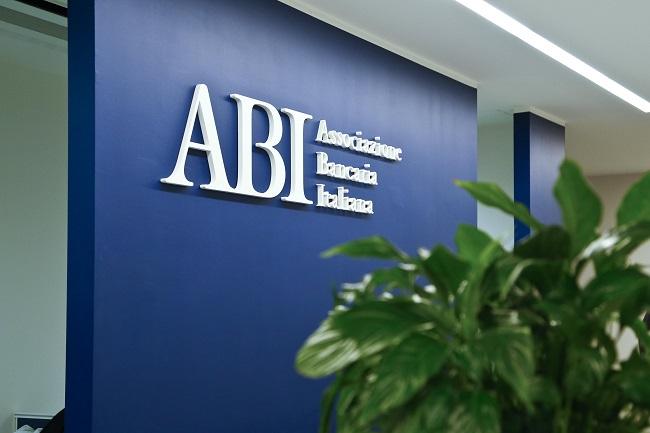
<Copyright ⓒ TokenPost, unauthorized reproduction and redistribution prohibited>






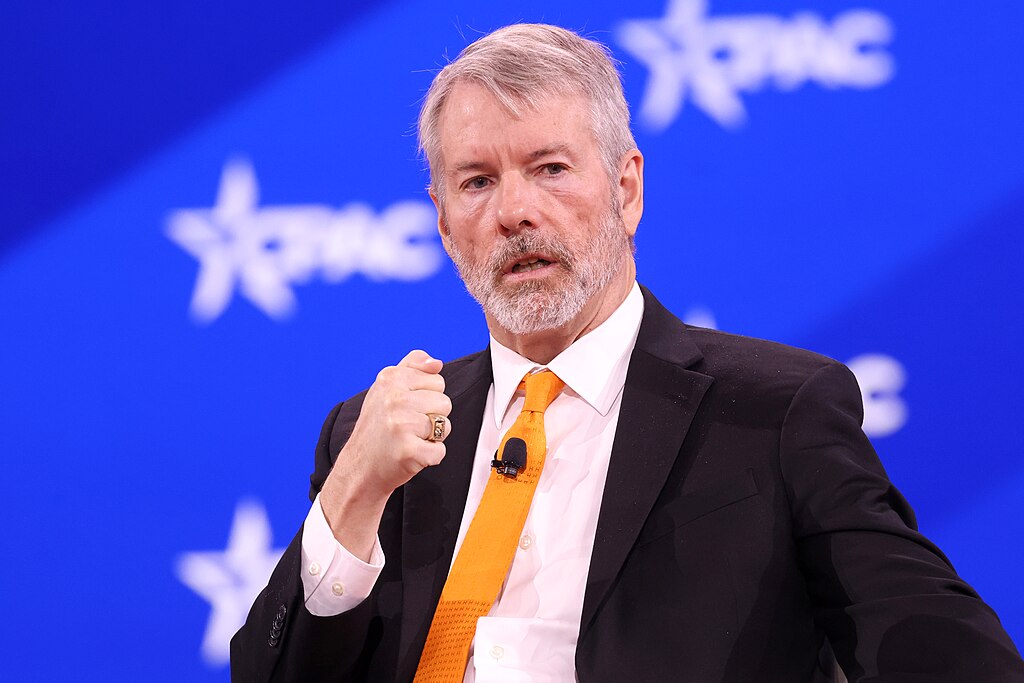


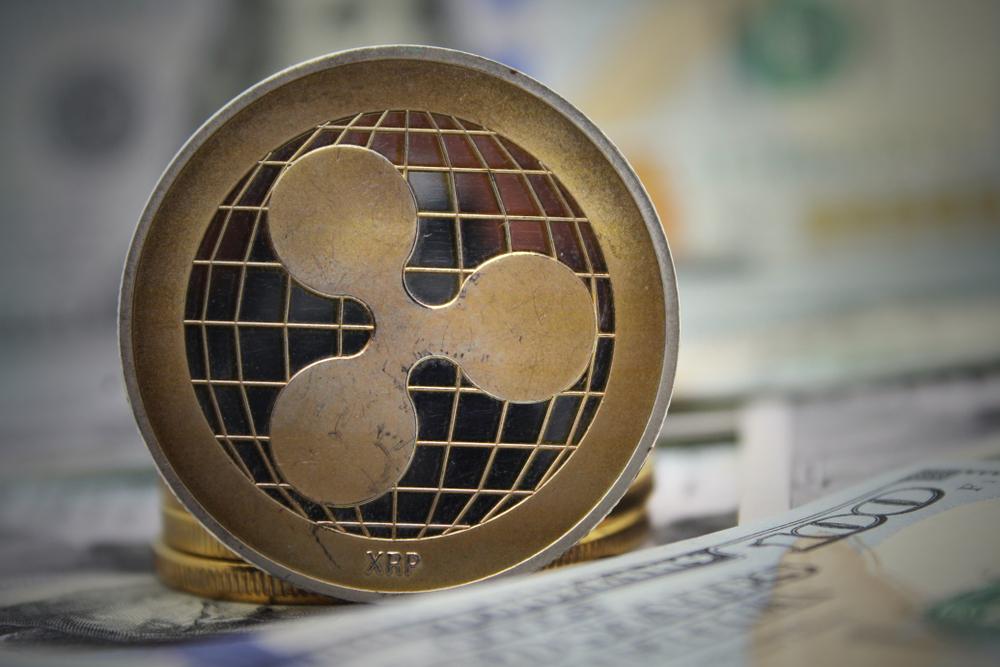





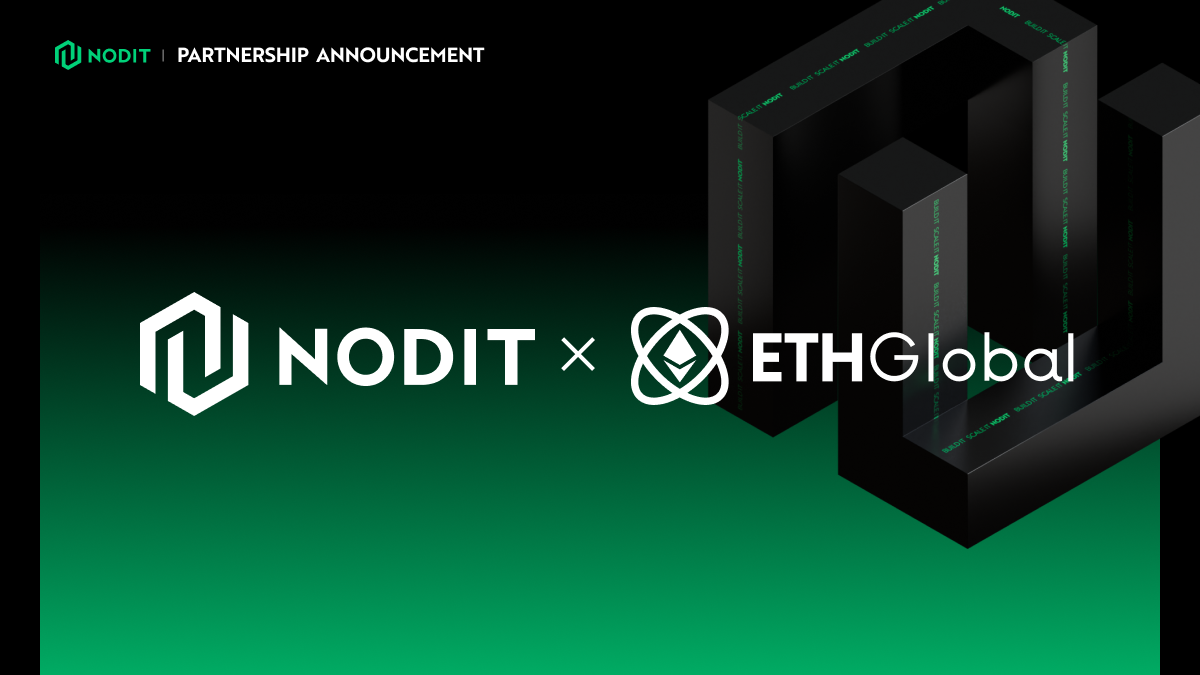
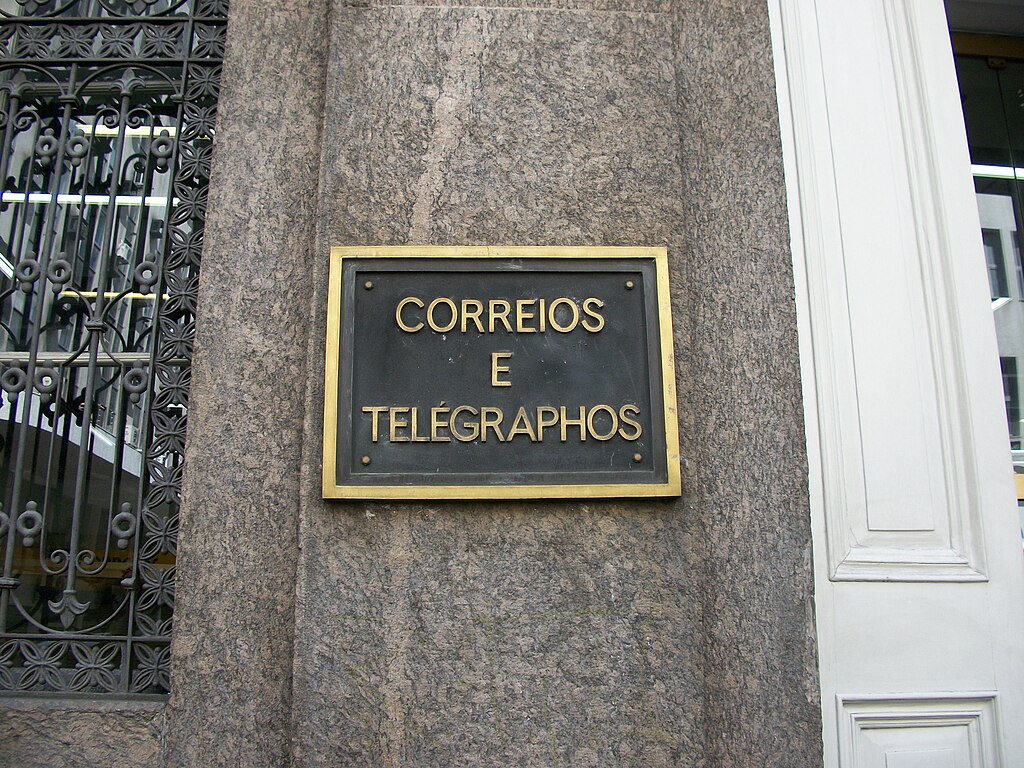

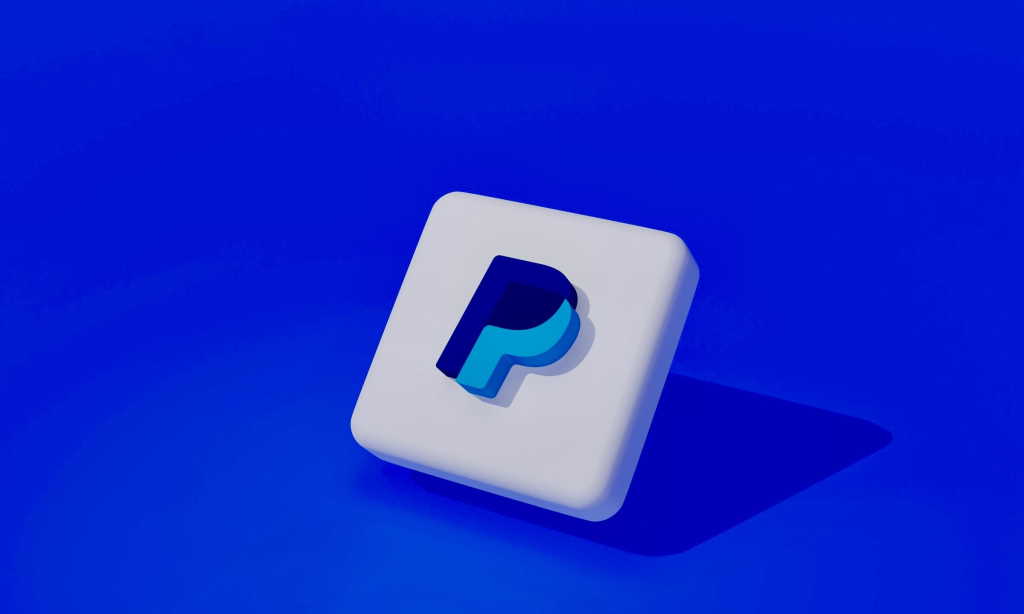
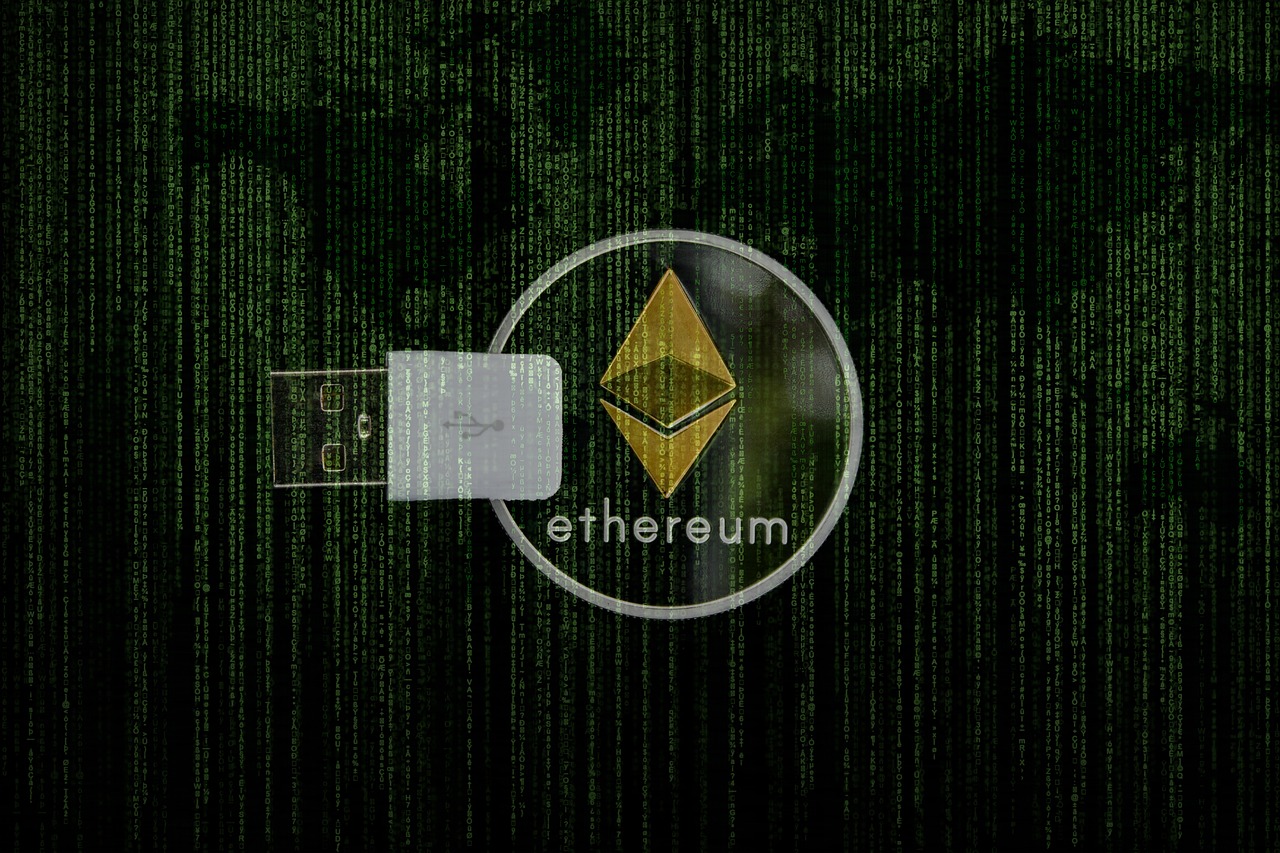

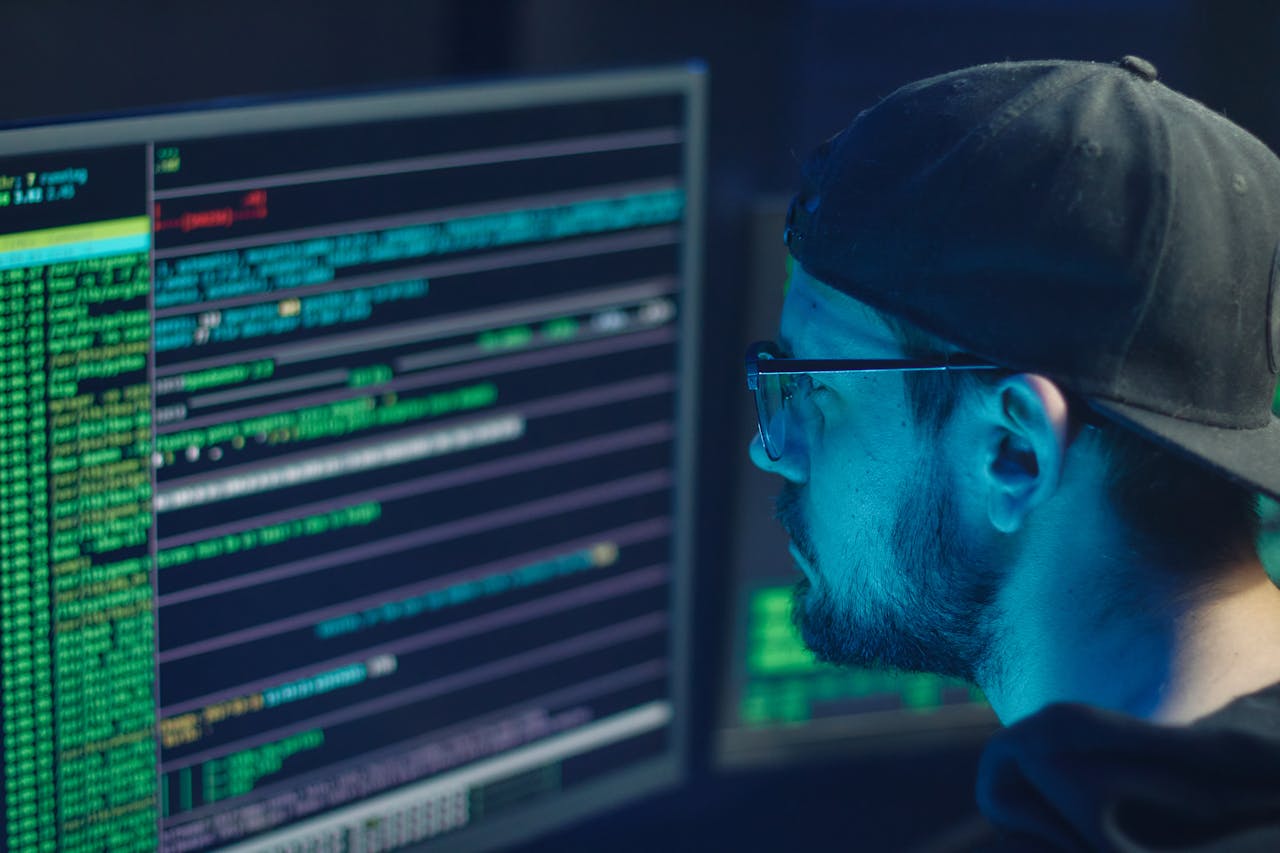

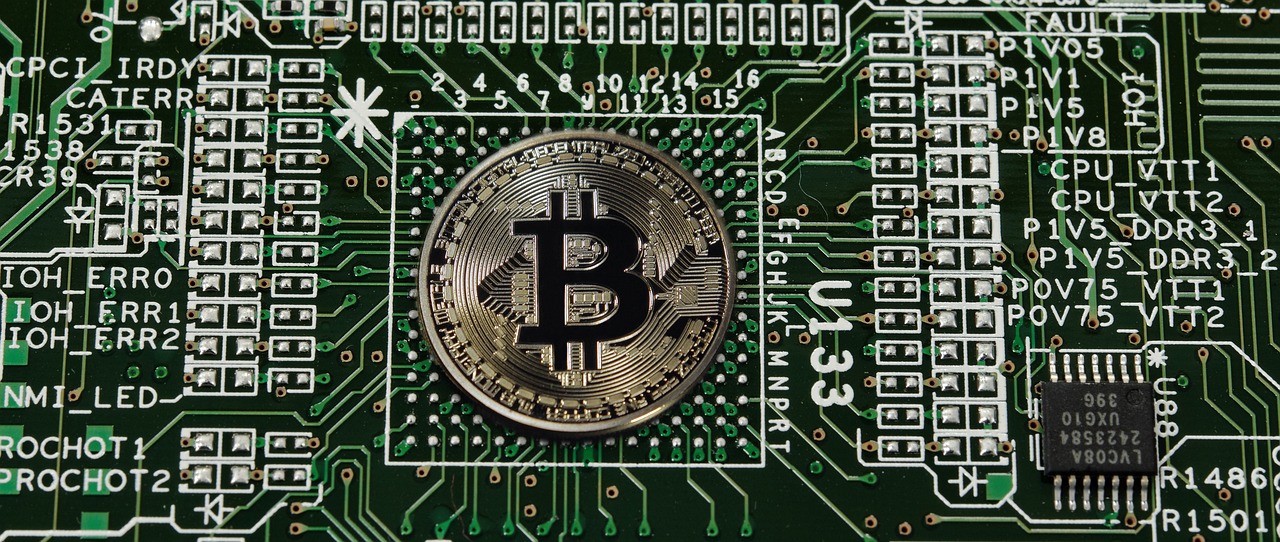


Comment 0